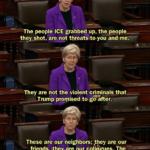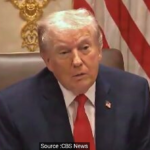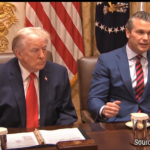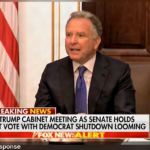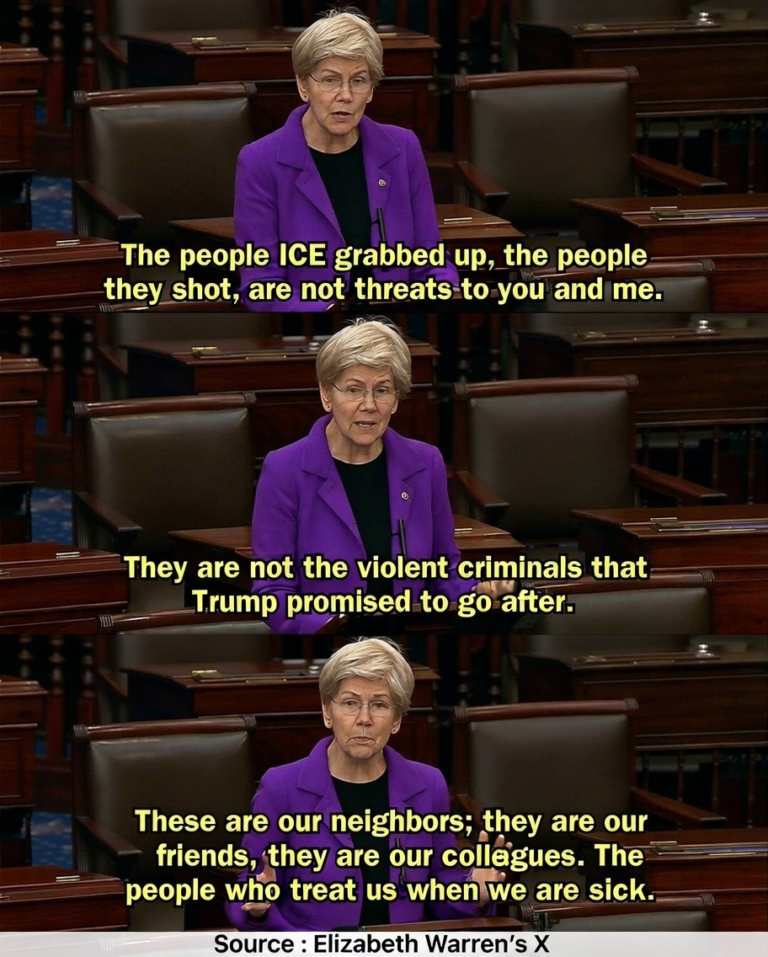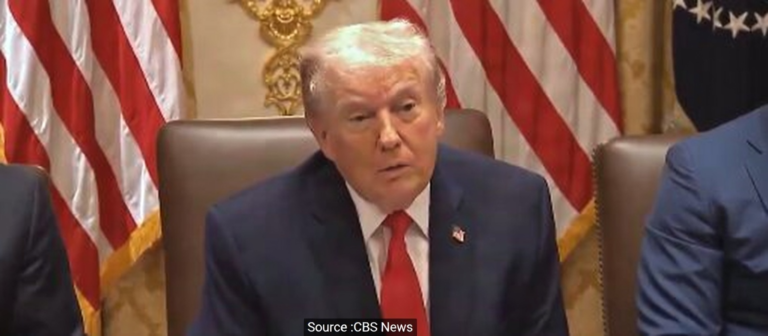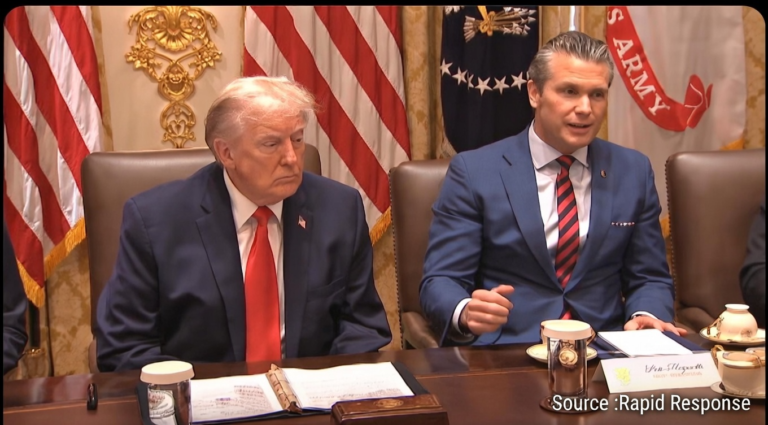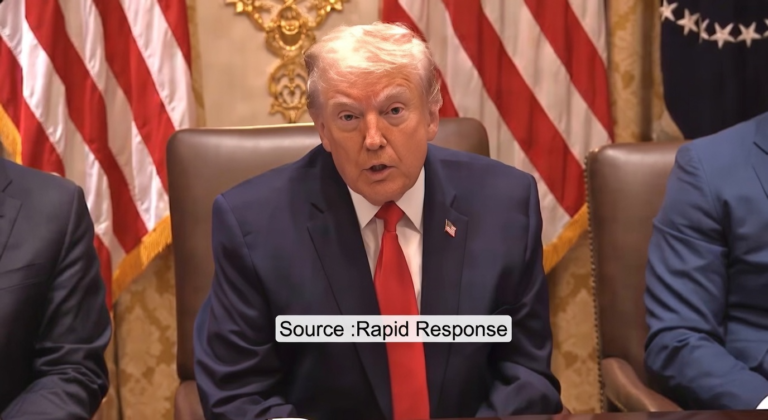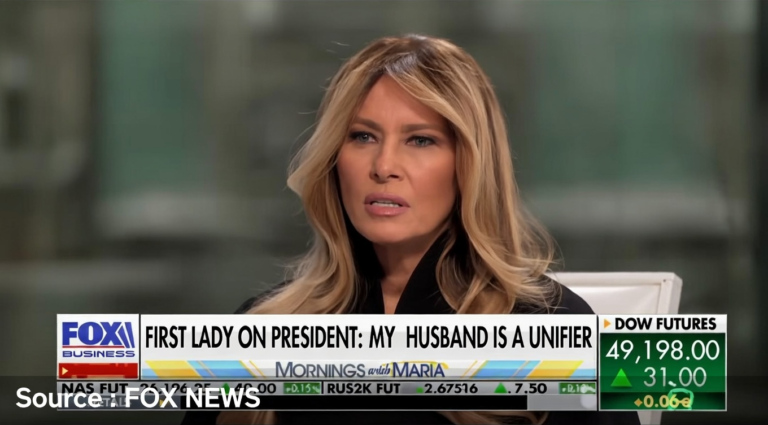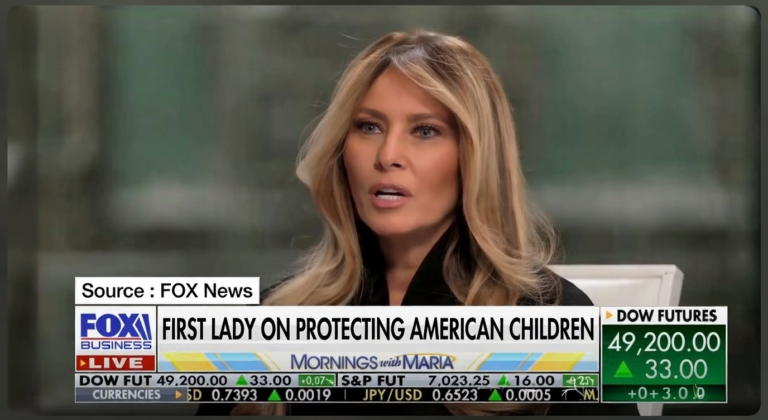
NEW YORK, Sept 24, 2025 – U.S. Secretary of State Marco Rubio convened a high-level dinner with EU and NATO foreign ministers on the sidelines of the UN General Assembly, spotlighting transatlantic unity against Russian aggression in Ukraine, Iran’s nuclear threats, and Chinese economic pressures, while notably excluding Georgia amid concerns over its pro-Moscow leanings.
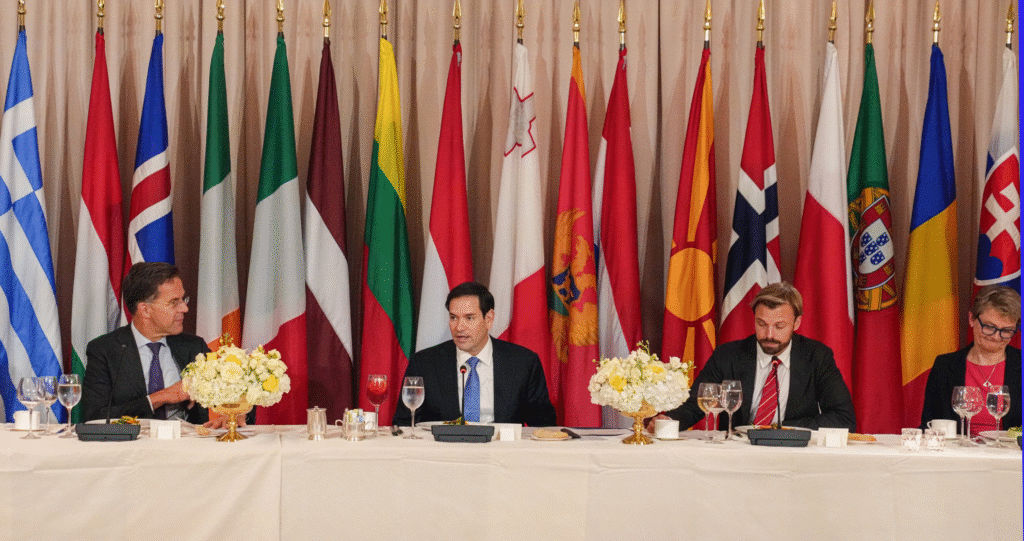
The gathering, Rubio’s post on X detailed, marked NATO Secretary General Mark Rutte’s first major transatlantic forum since assuming office in October 2024, bringing together key players to reinforce alliance commitments. Attendees included foreign ministers from Armenia and Azerbaijan, a diplomatic nod to recent U.S.-brokered breakthroughs toward a durable peace in the South Caucasus after nearly three decades of ethnic conflict over Nagorno-Karabakh. The inclusion signals Washington’s deepening role in stabilizing the volatile region, where a fragile November 2023 ceasefire has held amid ongoing border tensions.
Ukraine’s voice loomed large, with Foreign Minister Dmytro Kuleba highlighting President Volodymyr Zelenskyy’s recent White House sit-down with President Donald Trump. Kuleba urged allies to intensify sanctions and military aid to Kyiv, citing a surge in Russian “terror attacks” and provocative border incursions into NATO members Poland and Estonia—incidents that have heightened fears of escalation beyond Ukraine’s frontiers. “The time for half-measures is over,” Kuleba told reporters post-dinner, echoing Zelenskyy’s push for a “coalition of the willing” to isolate Moscow economically and diplomatically.
Discussions underscored NATO’s momentum on defense spending, with 23 of 32 members now meeting or exceeding the 2% of GDP benchmark—a historic high driven by Trump’s insistent calls for fairer burden-sharing among allies. Rubio praised the progress as “a testament to American leadership,” while stressing the need for sustained investment to deter threats from “revisionist powers.” The State Department’s readout amplified joint resolve to thwart Iran’s nuclear program through renewed multilateral pressure, including potential snaps back of UN sanctions if Tehran advances toward weaponization. On China, ministers committed to countering Beijing’s economic coercion tactics, from rare earth export curbs to Belt and Road debt traps in Europe and the Caucasus.
Georgia’s absence cast a shadow, reflecting U.S. frustration with Tbilisi’s rightward shift under a government accused of suppressing pro-EU protests and aligning closer with Russia—moves that derailed its bid for EU candidate status earlier this year. “Georgia’s choices have consequences,” a senior State Department official told Axios, underscoring how the snub aims to jolt the Black Sea nation back toward Western integration.
As the UNGA enters its second week, the dinner reinforces a reinvigorated U.S.-Europe axis under the second Trump administration, blending carrots for cooperative partners like Armenia and Azerbaijan with sticks for wayward allies. Rubio’s full remarks and photos from the event are available on the State Department’s X account.

